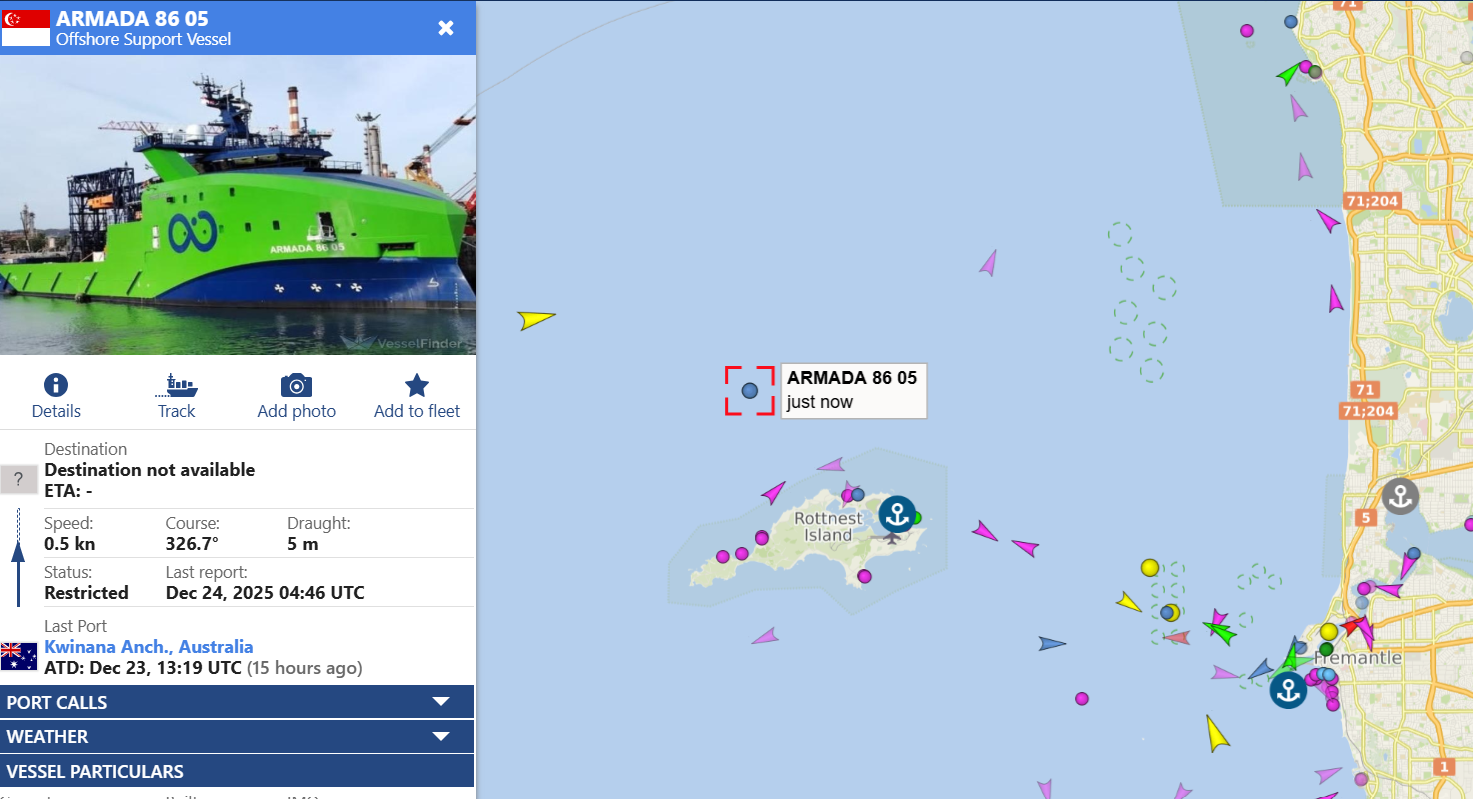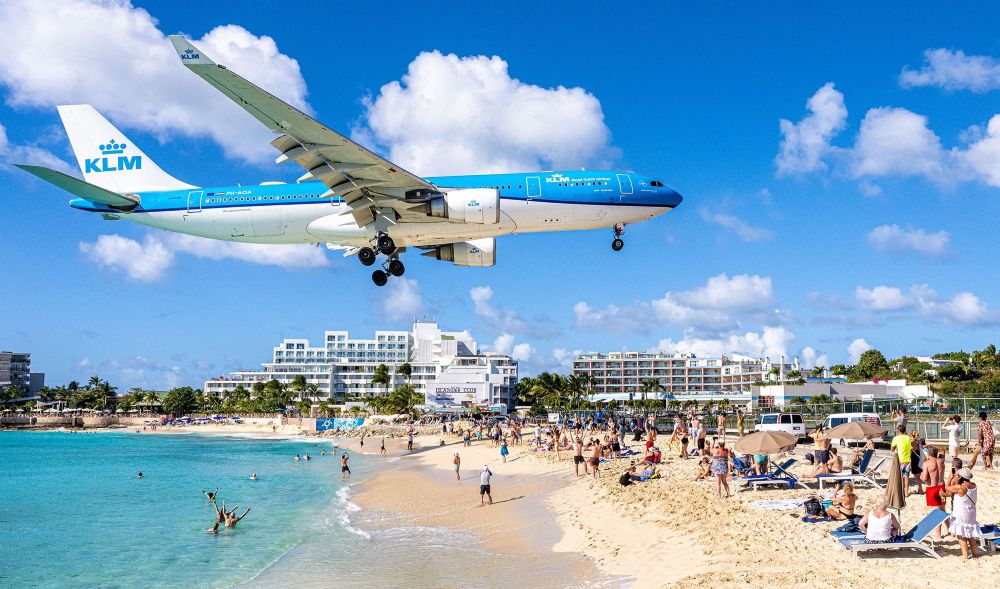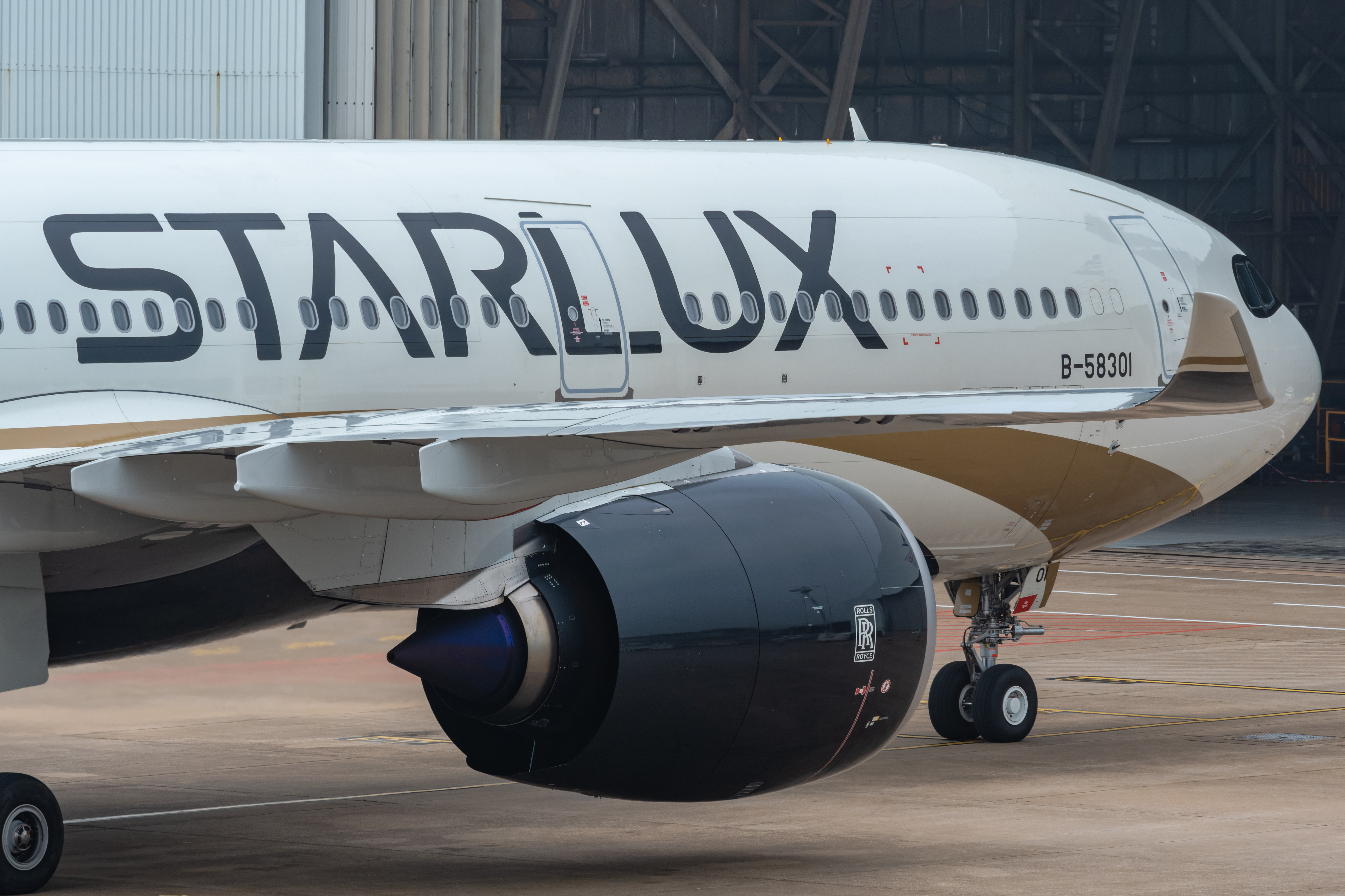By Sharon Petersen
Published Sun Sep 08 2024
Remember the Ural A320 that landed in a Russian field one year ago? Well finally Ural Airlines has confirmed engineers have begun dismantling the aircraft.
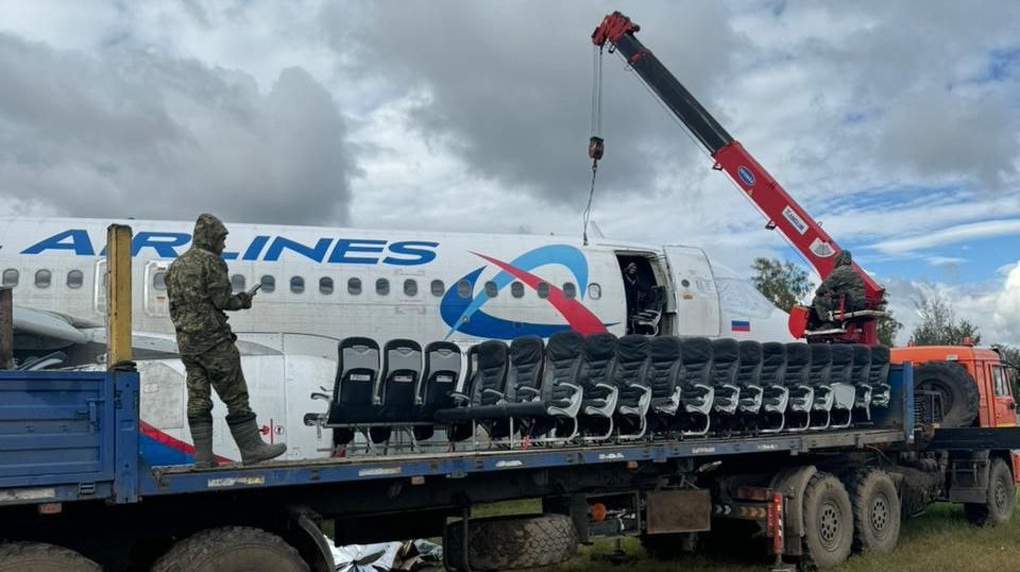
Ural flight U6-1383 with 159 passengers and 6 crew, was on final approach to Omsk's runway from Sochi when the crew initiated a go around from about 600 meters due to a hydraulics failure. The aircraft climbed to 18000 feet and diverted to Novosibirsk about 320nm east of Omsk.
The A320 however never made it to Novosibirsk. Just 11km from the airport and with less than 5 minutes of fuel left, the decision was made to perform a forced emergency landing on an open field. Due to the hydraulic failure the landing gear doors remained open for the entire diversion which together with strong head winds increased fuel consumption.
The governor of Omsk stated that the crew reported a hydraulic problem affecting the brakes and were concerned the aircraft would not be able to stop on the runway in Omsk. The crew therefore diverted to Novosibirsk where longer runways (length 3,600 meters/11,800 feet) are available and sufficient to stop the aircraft despite the hydraulics failure. According to computations there should have been sufficient fuel on board to reach the aerodrome and land safely.
The carrier informed the Izvestia newspaper some time ago that it explored various approaches to retrieve the Ural Airlines Airbus A320-200. These approaches and obstacles included:
Attempting to create a frozen surface for the jet's takeoff, but the soil's density proved insufficient, necessitating the construction of an artificial platform.
Contemplating the construction of a runway suitable for the aircraft, but this option was deemed impractical and costly due to the distance from Novosibirsk, which would require extensive material transportation.
Dismantling it in sections and airlifting it via helicopter.
What Happened That Day?
Aviation Herald share the summarized report by the captain.
The aircraft had been inspected without any anomalies for departure from Moscow Domodedovo towards Sochi. The flight from Sochi had been normal until final approach into Omsk. The winds were gusting in Omsk, the aircraft was heavy, so that the commander decided to not take the risk of trying to land in Omsk and decided to take the aircraft to Novosibirsk. During the go around a hydraulic failure occurred after gear retraction, green hydraulic pressure was lost after gear retracted, the nose gear doors remained open as result of insufficient hydraulic pressure. They computed the fuel and found they should have about 1200kg of fuel left in Novosibirsk. While in flight to Novosibirsk the fuel quantity suddenly began to critically decrease, the crew declared emergency, instructed cabin crew to prepare for an emergency landing and began to look out for a suitable landing field. When only about 5 minutes of fuel was left they spotted the landing site and landed the aircraft there successfully, only the nose gear was fractured.
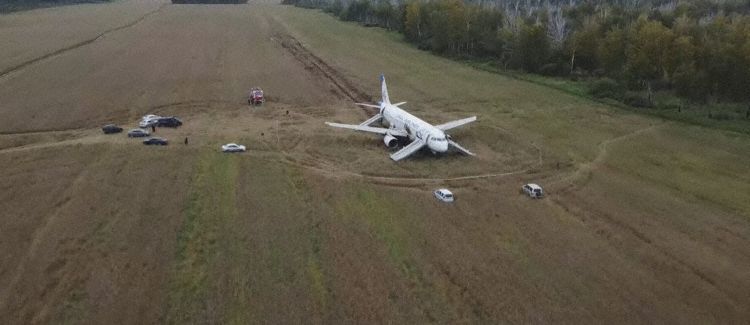
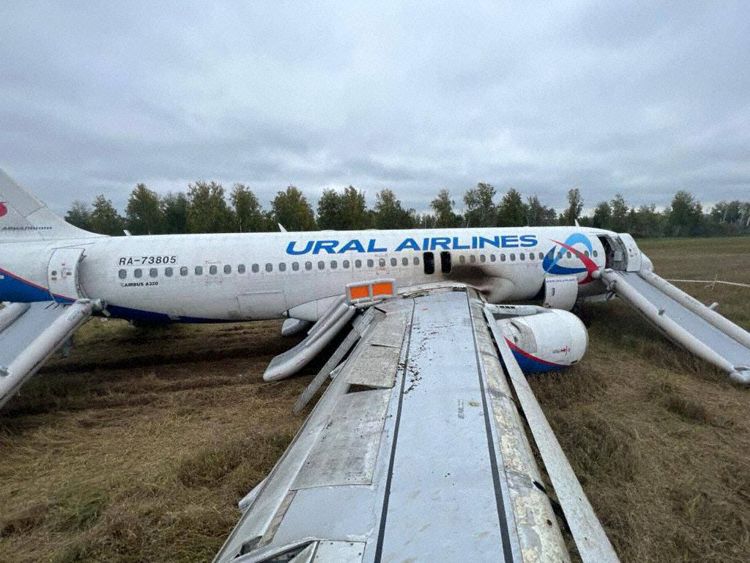
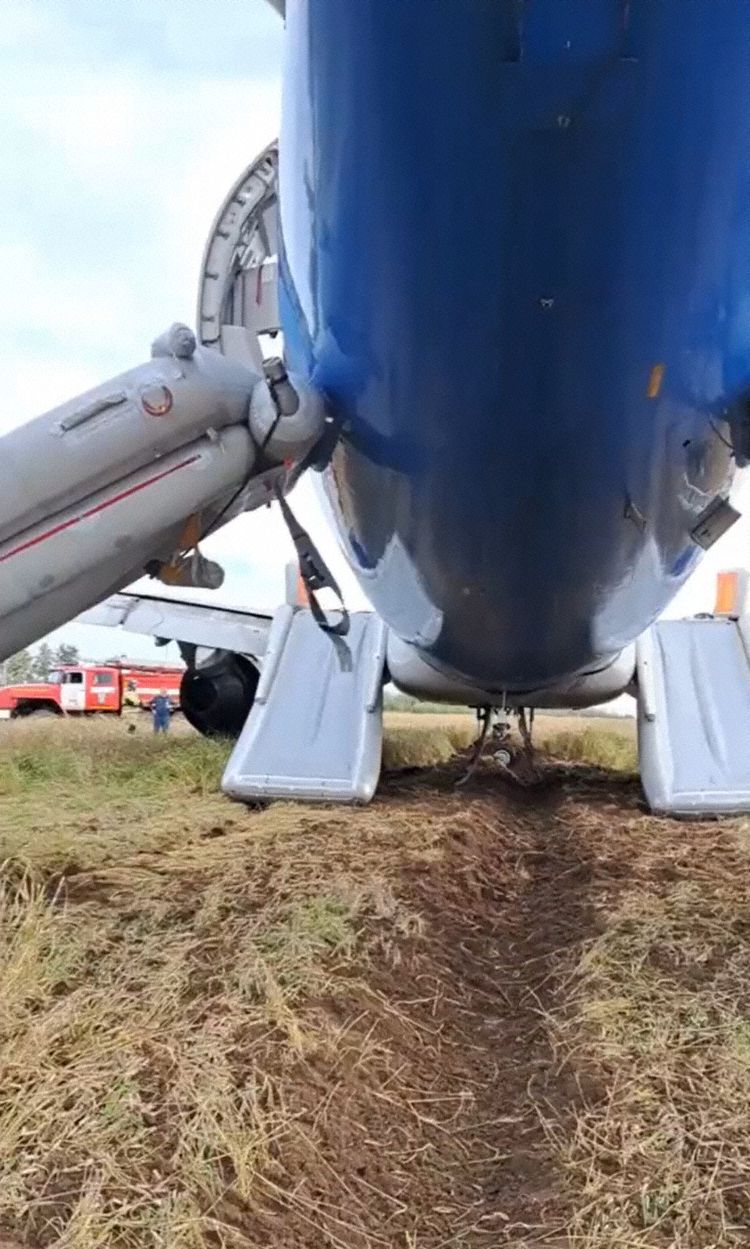
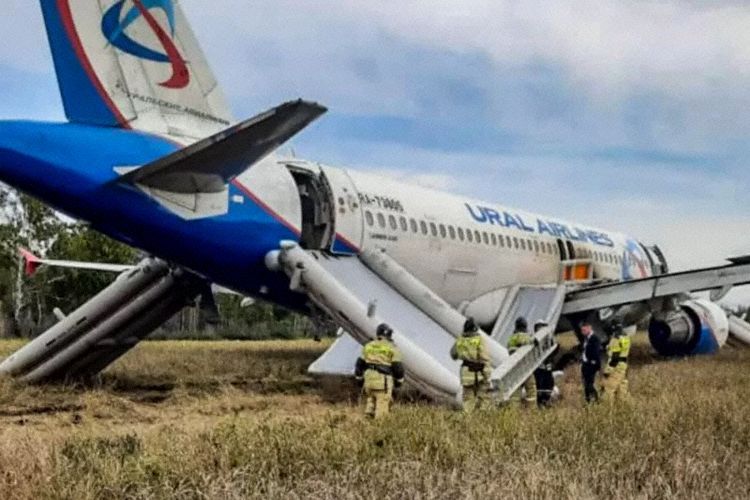
Have questions or want to share your thoughts?
Get In Touch
